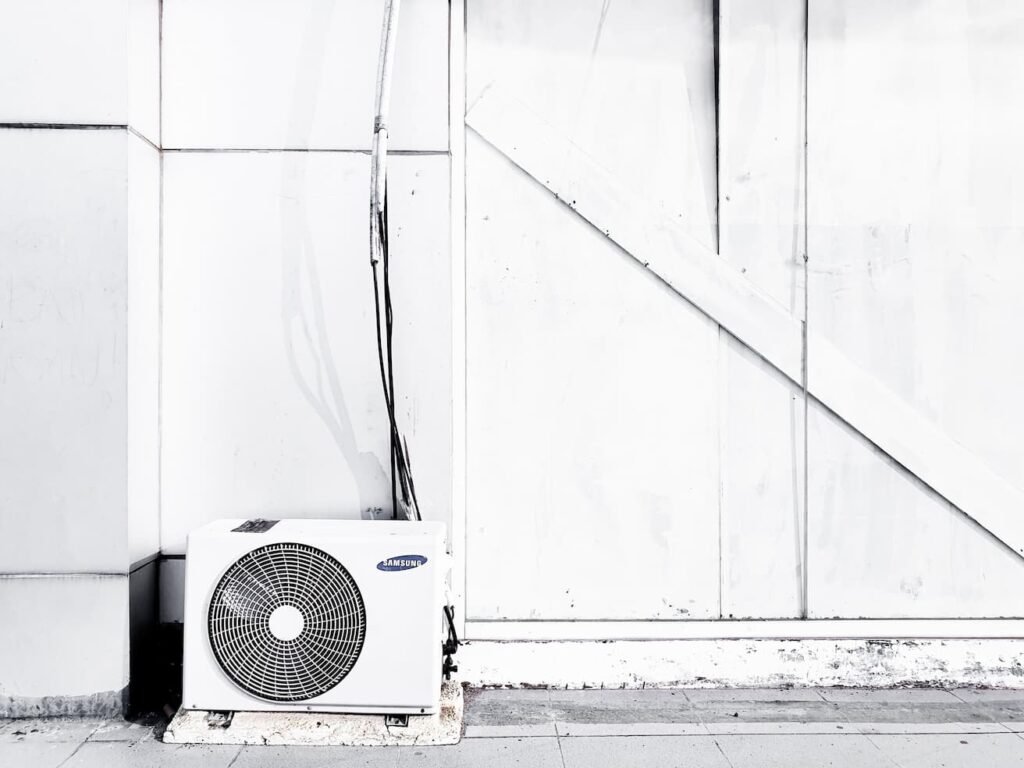Introduction
Ductless air conditioners (also called mini-split air conditioners) have become increasingly popular in recent years, especially as more and more homeowners are looking for energy-efficient and cost-effective ways to cool their homes. But how do these ductless ACs work? In this blog article, we’ll take a detailed look at how ductless air conditioners function, from the basic components to the more complex inner workings.
Body
Ductless air conditioners consist of an outdoor compressor/condenser unit and one or more indoor air handling units. The outdoor unit is connected to the indoor units via refrigerant lines, and the indoor units are mounted on walls or ceilings.
The compressor/condenser unit contains the compressor, condenser coils, and a fan. The compressor is the heart of the ductless AC system, and it pumps refrigerant through the system. The condenser coils help to cool the refrigerant, and the fan blows air over the coils to help dissipate the heat.
The indoor air handling units contain evaporator coils, a fan, and an air filter. The evaporator coils contain refrigerant, which absorbs heat from the indoor air as it circulates through the coils. The fan blows air over the coils to help disperse the cooled air throughout the room, and the air filter helps to remove dust and other airborne particles from the air.
Ductless air conditioners are highly efficient because they don’t rely on ductwork to distribute the cooled air. Ductwork can often be a source of energy loss in traditional forced-air AC systems, so eliminating it can lead to significant savings on your energy bills. In addition, ductless AC systems are very quiet and can be controlled individually, so you can cool specific rooms or areas of your home as needed.
Summary
Ductless air conditioners are a great option for homeowners who are looking for an energy-efficient and cost-effective way to cool their homes. These AC systems don’t rely on ductwork, so they’re more efficient than traditional forced-air systems, and they’re also very quiet and can be controlled individually. If you’re considering a ductless AC system for your home, be sure to consult with a qualified HVAC contractor to ensure that it’s the best option for your needs.


